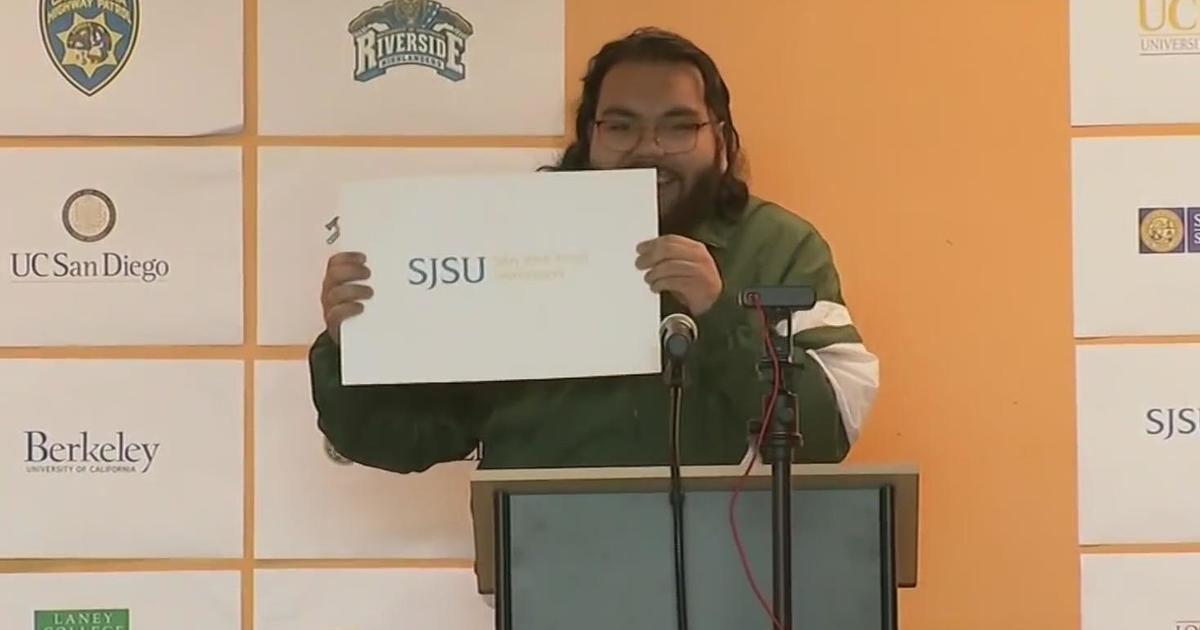SF Police Commission Proposes Changes To Use Of Deadly Force
SAN FRANCISCO (CBS SF) -- The San Francisco Police Commission unanimously approved a new policy Wednesday night putting in place some limits to the use of deadly force by officers.
The commission voted 7-0 in favor of a compromise agreement reached between police and community advocates, with amendments including prohibitions on the use of carotid choke holds and firing at moving vehicles unless suspects pose a threat by means other than their vehicle.
The new must now be taken to the police union for negotiation, according to both state law and city charter.
The commission launched a review of police use of force policies shortly after the December shooting of Mario Woods in San Francisco's Bayview District.
The shooting prompted widespread controversy after bystander videos circulating on the internet appeared to show Woods, who was armed with a knife, attempting to move away from the police and not actively threatening them when he was shot.
In the aftermath, department critics called for policies emphasizing de-escalation tactics and then-Police Chief Greg Suhr promised that officers would be encouraged to create "time and distance" when dealing with armed suspects.
In the weeks leading up to the vote, the commission was presented with a version of the policy backed by community groups and organizations such as the American Civil Liberties Union and the San Francisco Public Defenders Office, and a revised version submitted by the San Francisco Police Officers Association.
Differences in the two versions included both large policy disagreements and seemingly small differences in language, such as "minimal" versus "reasonable" use of force and the use of "shall," indicating a policy is mandatory, instead of "should," which would give officers more flexibility.
In the past few days, however, in meetings between the police union and members of the Office of Citizen Complaints and other organizations, a new compromise version was hammered out that representatives on both side said reflected "80 to 90" percent agreement.
Samara Marion, an OCC staff attorney who helped negotiate the deal, said the compromise version included the stronger "shall" language and called for the use of "minimal" force, as in the version backed by community advocates.
"What I see is a policy where de-escalation is front and center," Marion said.
TM and © Copyright 2016 CBS Radio Inc. and its relevant subsidiaries. CBS RADIO and EYE Logo TM and Copyright 2016 CBS Broadcasting Inc. Used under license. All Rights Reserved. This material may not be published, broadcast, rewritten, or redistributed. Bay City News Service contributed to this report.



